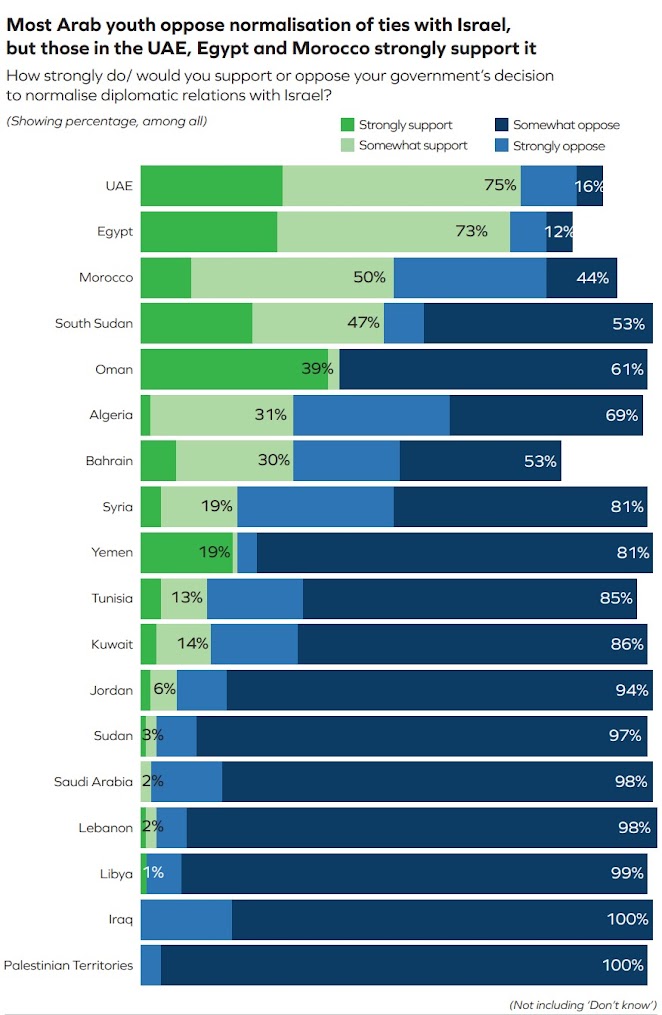In the Derechology framework I am developing, actions speak louder than words—but trajectories speak louder than both. Jews call this derech: the visible moral path that an individual or nation follows over time. And that derech is usually remarkably consistent. Whether for a person or a society, derech tends to stay the same until something disruptive happens—an upheaval, a revolution, or teshuvah—true repentance.
Changes in derech are rare but they do happen. When one is being claimed, how do we know it is legitimate and not window dressing?
When a former jihadist like Ahmed al-Sharaa rises to lead a transitioning Syria, we are faced with a serious question: has his derech changed—or just his outfit?
This is not a theoretical problem. The fate of lives, alliances, and legitimacy hangs on whether moral transformation is real or performative. Derechology does not shy away from this challenge. It offers us a layered framework to test what kind of change we are actually seeing.
There is no doubt that Syria, as a nation, is undergoing a derech change. The Assad era—with its brutal repression, sectarian warfare, and alliance with Iranian and Russian power blocs—has ended. Al-Sharaa’s rise represents a new chapter. Institutions are being rebuilt. Borders are shifting. New diplomatic gestures are being made. A new government with new policies, new alliances, and new political structure indicates a new derech.
But we must distinguish between a regime change and a personal moral transformation.
Al-Sharaa has a past steeped in jihadist networks. He was affiliated with Hay'at Tahrir al-Sham, an Al Qaeda offshoot. He now presents himself as a head of state, speaking of reform and stability. But has he renounced the ideology that justified violence in the name of religious purity? Has he made any public reckoning with his past?
Not that we’ve seen.
In the derechological framework, teshuvah—the genuine transformation of moral trajectory—requires more than new behavior. It requires a reordering of values, visible in pattern, policy, and persistence.
Here’s what we look for:
Visible break with past ideology: Not just silence, but renunciation. A derech pivot requires disavowal of prior loyalties or justifications for harm.
Emergence of a new value hierarchy: If before, power justified cruelty, does the new system prioritize dignity, justice, or peace?
Persistence under pressure: Does the new derech hold when it costs something, or only when it’s convenient?
Accountability for past actions: Even partial, symbolic, or rhetorical reckoning matters.
Broad-based moral coherence: Has the change spread beyond one person to the institutions and culture he shapes?
So far, al-Sharaa has offered diplomacy, not repentance. There is no public renunciation of or apology for his actions or decisions as a jihadist. We are only seeing strategic gestures, not ideological evolution. We do not see the markers of teshuvah. On the contrary, we have seen reports of sectarian violence, particularly against the Druze in southern Syria, and the empowerment of former Islamist militias within state structures.
In derechological analysis, when personal or institutional actions appear inconsistent, we keep probing until we identify a coherent moral trajectory. In this case, there is one: not the old Syrian derech but a continuation of Al Qaeda's derech.
Al Qaeda’s long-term goal has always been the construction of a Sunni-led Islamic ummah or caliphate. Unlike ISIS, which rushed the process, Al Qaeda plays a long game: gradually destabilizing secular or Shi’a-aligned regimes, replacing them with Sunni Islamist governance, and building regional cohesion under a transnational religious vision. It is centered on controlling territory.
Seen through that lens, toppling Assad is stage one. Establishing Sunni control over all of Syria is stage two. And, long term, rebuilding Syria as a Sunni-controlled, Islamist-aligned state is stage three.
Al-Sharaa’s regime has been consistent: his forces are fighting and suppressing non-Sunni factions (Druze and Kurdish) while there is no criticism of the Turkish occupation of huge parts of Syria. Because that territory is already under Sunni control.
This is derech continuity—not rupture.
What we may be witnessing is not moral transformation, but instrumental reform: reforms not rooted in changed values, but in strategic necessity. Al-Sharaa wants to realign Syria from the Shi’a-dominated Iran–Russia axis toward a new, Sunni-led regional order. To do that, he needs Western recognition, Gulf backing, and diplomatic legitimacy. That means talking about democracy and peace, even if the core ideology remains Islamist.
Using diplomacy and reform as camouflage is strategic discipline, not repentance. Where reforms help attract support or funds, they’re made. Where Islamist dominance can be preserved (e.g., militia control, Turkish alliance), it is.
This is a consistent derech towards Sunni Islam supremacist goals over the long term. But Syria is weak today so it needs Western help to rebuild for now - the end of sanctions, Western investment, western humanitarian aid.
That does not mean engagement with al-Sharaa is forbidden. Diplomacy often involves strategic interaction with flawed actors. Jewish ethics includes realism—Peace first, strength always. But it also includes truth and moral visibility. Granting someone moral validation before it’s earned degrades the ethical vocabulary.
To be blunt: You can shake his hand, but don’t call him a reformed man until he shows you his teshuvah.
Syria may be on a new path. That is good, and we should pray and act to support the best possible future for its people. You may even claim that Syria is in much better shape under Sunni control than it was under the brutal Assad regime.
But Ahmed al-Sharaa’s personal derech remains unproven. Until he walks in the light, we are not obligated to pretend the shadows never existed. And so far, he is not doing anything inconsistent with what Al Qaeda leaders would approve for a long term strategy.
The world needs moral clarity as much as it needs peace. Jewish ethics demands we offer both - without confusing one for the other.
|
"He's an Anti-Zionist Too!" cartoon book (December 2024) PROTOCOLS: Exposing Modern Antisemitism (February 2022) |
 |

 Elder of Ziyon
Elder of Ziyon

 Buy
Buy 

































